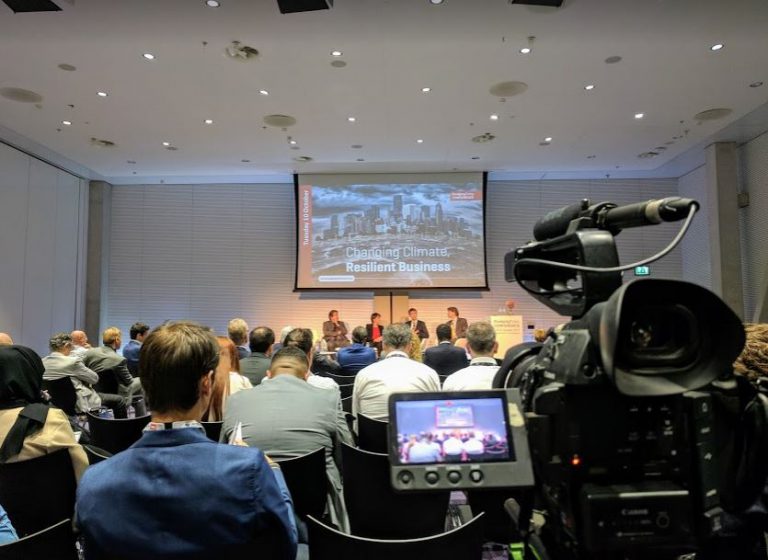



It occurs when researchers try out several statistical analyses and/or data eligibility specifications and then selectively report those that produce significant results. Inflation bias, also known as “p-hacking” or “selective reporting,” is the misreporting of true effect sizes in published studies ( Box 1). There are two widely recognized types of researcher-driven publication bias: selection (also known as the “file drawer effect”, where studies with nonsignificant results have lower publication rates ) and inflation. In combination, these factors create incentives for researchers to selectively pursue and selectively attempt to publish statistically significant research findings. Employers and funders often count papers and weigh them by the journal’s impact factor to assess a researcher’s performance. Many argue that current scientific practices create strong incentives to publish statistically significant (i.e., “positive”) results, and there is good evidence that journals, especially prestigious ones with higher impact factors, disproportionately publish statistically significant results. There is increasing concern that many published results are false positives (but see ).


 0 kommentar(er)
0 kommentar(er)
